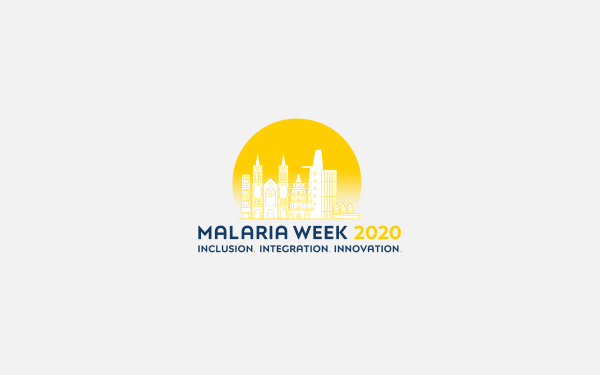Asia Pacific Malaria Elimination Network (APMEN) Annual General Meeting (Tuesday 5 December 2017)
The Asia Pacific Malaria Elimination Network (APMEN) partners came together for their Annual General Meeting at Malaria Week. APMEN is composed of 18 Asia Pacific countries that are pursuing malaria elimination, as well leaders and experts from key multilateral and academic agencies. The meeting also included representatives from all of the various APMEN working groups.
The full day of discussion included topics ranging from vector control challenges in the Greater Mekong Subregion (GMS) to how malaria programs can influence public policy in their respective countries. In all, more than 20 presentations were made by stakeholders, countries and academics.
Most of the AGM participants work on a day-to-day basis to tackle malaria challenges in their home countries, and this opportunity to share experiences, information and learn from best practices across the region helps to strengthen implementation of malaria activities right down to the local level.
At its conclusion, the successful meeting generated five key statements:
- Close collaboration between APMEN and the Asia Pacific Leaders’ Malaria Alliance (APLMA) accelerates malaria elimination efforts in the region.
- The Technical Annex of the APLMA Leaders’ Dashboard is a tool for country partners to track malaria elimination progress at both the national and regional levels.
- Hurdles in the ‘1-3-7’ surveillance strategy, a radical sure for Plasmodium vivax malaria and insecticide resistance monitoring are key priorities for the APMEN Working Groups for the next two years.
- Improved programmatic management of technical and operational processes will ease the burden often experienced by program managers and workforce.
- Renewed enthusiasm in the transition phase of APMEN underscores the commitment of Country Partners and partner institutions.
All presentations made during APMEN AGM are available for download:
- APMEN Partner Institution Application (Environmental Science (Crop Science Division) Bayer) (read more)
- Introduction to Intellectual Ventures Global Good Fund (Dr David Bell, Globalgood Ideas by Intellectual Ventures) (read more)
- MAU Expertise (Medical Anthropology Unit (MAU) – Department of Public Health) (read more)
- Strengthening vector control program and entomology capacity building as an APMEN partnership (Ratchadawan, Ph.D. Department of Entomology, Faculty of Agriculture, Kasetsart University Bangkok, THAILAND) (read more)
- Malaria elimination in Asia Pacific: Supporting countries face challenges (Dr Rabi Abeyasinghe, Coordinator Malaria other Vector-borne and Parasitic Disease Unit, Western Pacific Region) (read more)
- APMEN Overview (Ben Rolfe, APMEN/APLMA) (read more)
- Malaria elimination in Asia Pacific: supporting countries as we approach the final decade (Dr Effie Espino Director, APMEN) (read more)
- Summary of 2017 July APMEN Vector Control Working Group (VCWG) meeting, Bangkok (read more)
- The Malaria Vector Observatory: Anopheles sequencing project (read more)
- Vector Control Working Group Workplan (2017–2019) (Dr Christina Rundi, Chair of VCWG & Director, Sabah State Health Department, Ministry of Health, Malaysia) (read more)
- Vector Control and Entomological surveillance in the GMS and the Asia Pacific; Introduction and overview (read more)
- Vivax Working Group Workplan 2017-2019 (read more)
- APMEN Surveillance and Response Working Group (SRWG) (Dr Gao Qi, Dr Roly Gosling) (read more)
- Accelerating malaria elimination by improving program efficiency and effectiveness (Institute for Global Health Sciences) (read more)
- Ministerial Advocacy to Support Malaria Elimination (read more)
- Accelerating Malaria Elimination by Improving Program Management and Leadership (read more)

